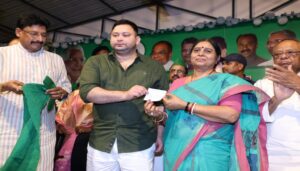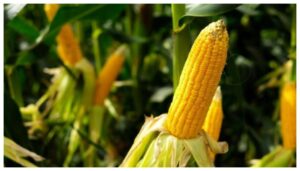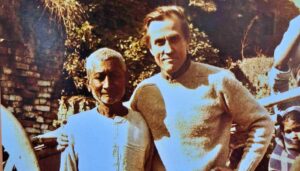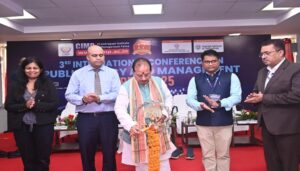Karva Chauth: A Day of Sacred Fasts and Time-Honored Traditions
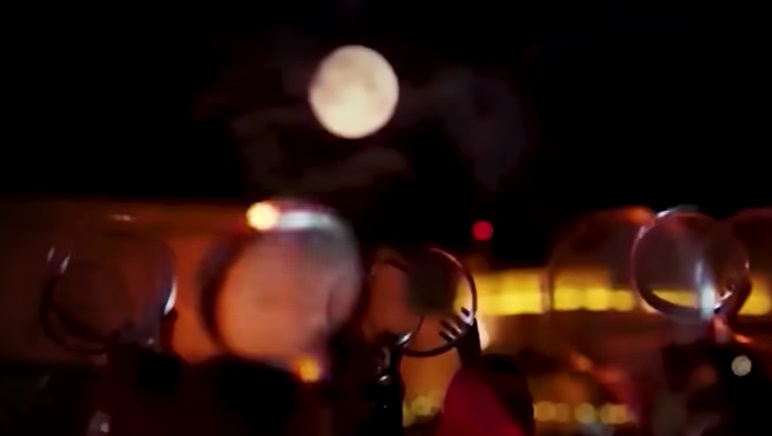
PATNA: Married women, particularly from Punjabi, Marwari and other communities, will observe the age-old tradition of Karva Chauth on Wednesday. This revered ritual involves a day-long fast, symbolizing the unbroken bond of marriage and seeking blessings for the longevity and well-being of their husbands.
As per tradition, the roots of Karva Chauth trace back to a village on the banks of the Tungabhadra river, where a devoted woman named Karva lived with her elderly and ailing husband. During a fateful day by the river, her husband fell prey to a crocodile, desperately calling out to her for help.
Displaying unwavering devotion and adherence to the principles of patiavrata dharma, Karva prayed to Yamraj, the god of death, to spare her husband’s life. Impressed by her steadfast commitment, Yamraj granted her wish and the crocodile was banished to Yampuri, securing her husband’s prolonged life. Thus, the tradition of Karva Chauth was born.
The rituals of Karva Chauth are observed with meticulous care and devotion. Married women take a solemn vow to fast, offering garlands of yellow flowers, laddus, bananas, and an array of fruits to Lord Ganesha and Lord Kartik. Bel leaves and cosmetics are presented to Lord Shiva and Parvati as a mark of reverence.
The fast begins at sunrise, continuing until the moonrise. As night falls, women eagerly await the rise of the moon, a pivotal moment marking the completion of their fast. After offering Arghya to the moon and engaging in worship, they break their fast by sipping water from their husband’s hands. This ceremonial act holds immense significance, symbolizing the culmination of a day-long devotion and a prayer for marital bliss and longevity.

